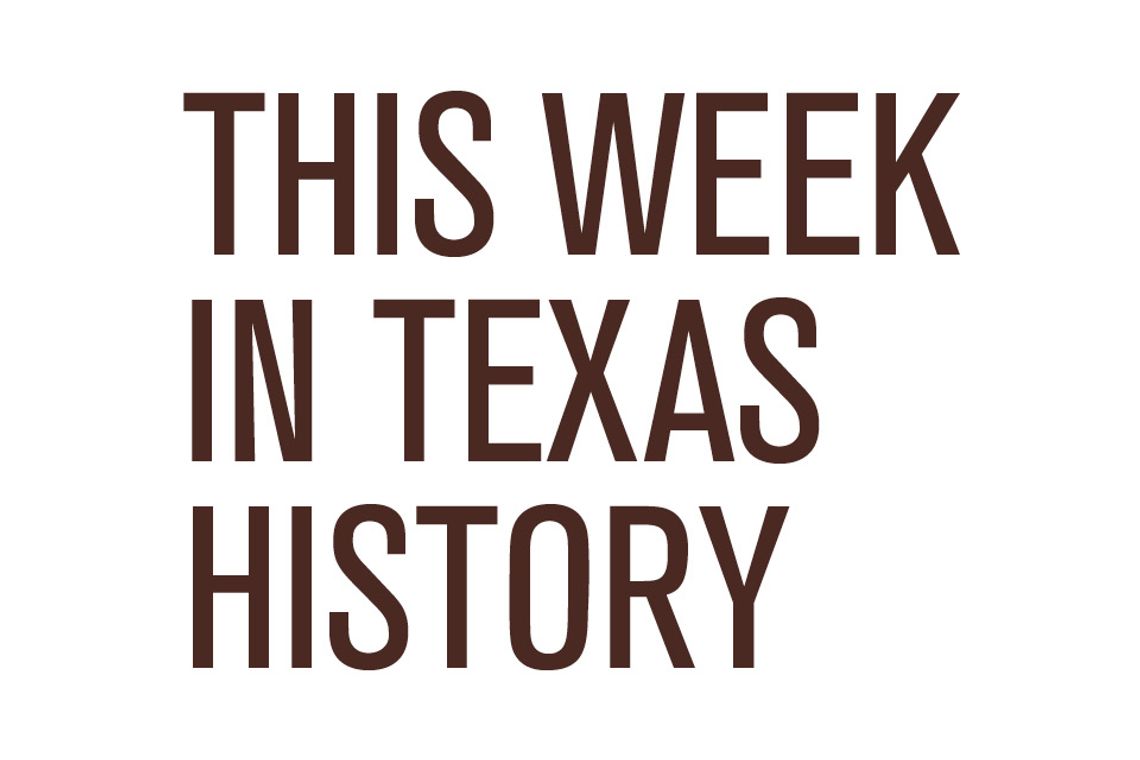By Bartee Haile
The Houston Cougars put a smile on the face of their rookie coach with a road victory at Florida State on Nov. 3, 1962.
Few University of Houston fans had ever heard of Bill Yeoman when he was hired as the fifth head coach of a football program that had been around only 15 years. Even the most skeptical would soon be singing his praises.
William Frank Yeoman was born in 1927 in Indiana and grew up in Arizona. A star center on his high school team, he went to Texas A&M on a football scholarship but stayed for just a single season before receiving an appointment to the U.S. Military Academy at West Point.
In the years following the Second World War, Notre Dame and Army dominated college football. In 1946, Yeoman’s sophomore season, the Black Knights vanquished nine opponents and tied the tenth with a dream backfield that featured two Heisman Trophy winners – Glenn Davis and Doc Blanchard. As a senior, Yeoman was honored in his own right by being chosen team captain and a second-team All-American.
Graduation from West Point came with a commission and a three-year tour of duty in Germany. Frustrated by the fact that he could not afford to buy new shoes for his son on an officer’s pay, he resigned his commission and returned to civilian life in the U.S.
Finding a job proved to be easier that Yeoman thought it might be. Duffy Daugherty, the legendary coach at Michigan State, who met the young lieutenant on a visit to Germany, jumped at the chance to add him to his staff.
Yeoman spent 1954 through 1961 under Daughtery’s wing. When the University of Houston expressed interest in another Michigan State assistant, he said Yeoman would be a better fit. That was how a former Aggie ended up the UH head coach at just 34 years old.
Yeoman could not have asked for a better beginning. On successive Saturdays at Rice Stadium, where UH played its home games, his first crop of Cougars beat Baylor 19-0 and Texas A&M 6-3.
However, the schedule was much tougher in October, and UH lost all four games that month. Two nationally ranked teams, Ole Miss and Alabama, had their way with the Cougars as did Mississippi State and Boston College.
The hard-fought victory over Florida State turned everything around for the 1962 squad. They did not lose another contest and capped off their comeback with a win in the Tangerine Bowl for a 7-4 mark.
After such an impressive start to the Yeoman Era, hopes were understandably high for the future of UH football. But three consecutive losing seasons with a combined record of eight wins, 19 losses and two ties had a growing contingent of alums and fans calling for the firing of the coach.
UH had pulled out of the Missouri Valley Conference two years before Yeoman arrived on campus. As an independent, recruiting was a challenge. High school players had grown up with the goal of playing in the Southwest Conference.
Yeoman realized that SWC coaches had their pick of the blue-chip prospects, but that left a slew of fine football players with no place to go in the state of Texas. He developed a recruiting strategy based on long trips to out-of-the-way towns and touting the advantages of attending college in a thriving metropolis like Houston.
There was another source of gridiron talent that every coach in the Southwest Conference intentionally ignored – the black athlete. All the teams were lily white and always had been, and that was a status quo no one dared challenge.
But UH was not in the SWC, admission was a decade and a half in the future, and Yeoman was not bound by any “gentleman’s agreement” on the touchy issue of segregation. So he began reaching out to the black community speaking before any group large or small that would have him. And he always said the same thing, that he had only one prejudice – bad football players.
Yeoman’s dogged determination paid off in the summer of 1964 with the signing of the most sought after runningback in the country. Warren McVea from San Antonio lived up to his press clippings as an All-American worth his weight in gold. The next year, SMU broke the color barrier with Jerry Levias, who the first scholarship black athlete in SWC, and the second black athlete in the conference. (Baylor University’s John Westbrook was the first black athlete in the SWC. In fact, Baylor changed it football game schedule to that it could make that claim.)
After UH was finally admitted to the Southwest Conference in 1976, the Cougars captured the conference championship and whipped Maryland in the Cotton Bowl. Under Yeoman Houston came in first in the SWC three more times and appeared in 11 post-season bowls winning six.
When Yeoman reluctantly retired in 1986 in the midst of a recruiting scandal, he had won 160 games in a quarter of a century, produced 46 All-Americans and sent 69 players to the NFL. Eleven of his teams were ranked in the final AP Top 20.
Before his death at 92 in August 2020, Bill Yeoman was inducted into the College Football Hall of Fame and, of course, the Texas Sports Hall of Fame.
Bartee welcomes your comments and questions at [email protected] or P.O. Box 130011, Spring, TX 77393 and invites you to visit his web site barteehaile.com.










